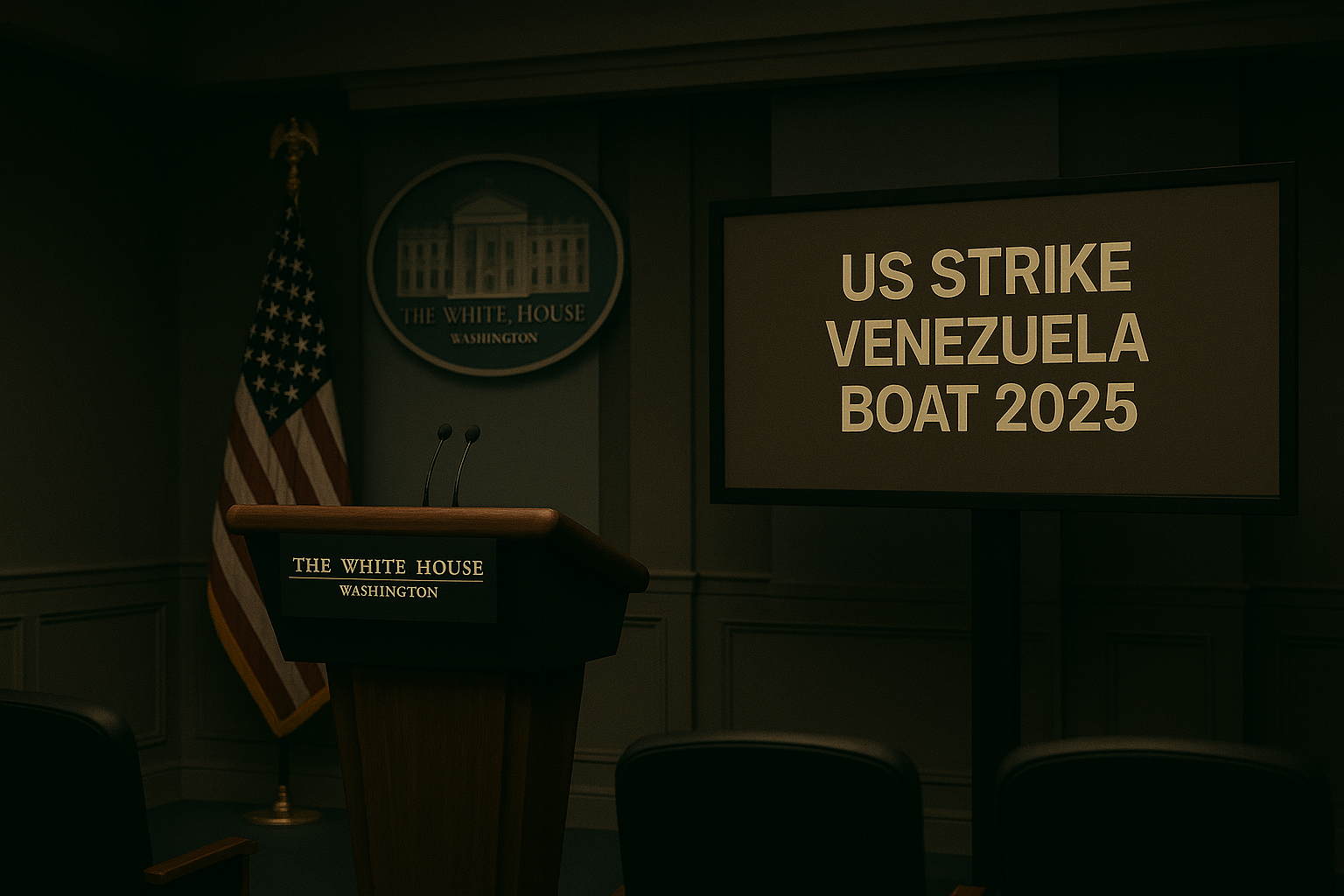On July 24, 2025, The New York Times reported that Paramount Global’s flagship programs, including South Park, The Daily Show with Jon Stewart, and The Late Show with Stephen Colbert, openly criticized President Donald Trump and their own company following a $16 million settlement with Trump and the abrupt cancellation of Colbert’s show. The South Park season premiere, aired on July 23, 2025, featured biting commentary on the settlement, while Stewart and Colbert used their platforms to question Paramount’s motives, raising suspicions of political influence. This article explores the details of these criticisms, the context of Paramount’s legal and financial challenges, stakeholder reactions, and the broader societal implications for media independence and corporate accountability, as detailed in the Times article.
Details of the Paramount Shows’ Response
- South Park: The Comedy Central series premiered its new season on July 23, 2025, with an episode that directly referenced Trump’s lawsuit against Paramount. A character resembling Jesus Christ revealed he was sent to the show’s elementary school as part of the settlement, warning, “You guys saw what happened to CBS? Well, guess who owns CBS? Paramount! You really want to end up like Colbert?” The episode mocked Trump’s vanity, depicting him enraged over a nude portrait and in bed with Satan discussing Jeffrey Epstein. Hours before airing, Paramount announced a $1.25 billion, five-year deal with South Park creators Trey Parker and Matt Stone’s Park County studio, highlighting the show’s enduring value despite its provocative content.
- The Late Show with Stephen Colbert: On July 23, 2025, Colbert addressed Trump’s claim that the $16 million settlement was worth $36 million, including $20 million in advertising and public service announcements. He quipped, “That means by bending the knee they lost like $40 million this year,” sarcastically noting Paramount’s “purely financial” cancellation of his show, which lost $40 million in 2024. Colbert criticized Paramount’s layoffs of 2,000 employees in 2024 and hundreds in June 2025, suggesting a $36 million payout to Trump would make CBS “morally bankrupt.” His final episode is scheduled for May 2026, giving him months to continue his critiques.
- The Daily Show with Jon Stewart: On July 22, 2025, Stewart accused Paramount of paying an “extortion fee” to Trump, questioning the cancellation of Colbert’s show. He argued that the decision reflected “fear and pre-compliance” gripping American institutions, not just financial woes. Stewart suggested the lack of a “smoking-gun” email proved Paramount’s actions were driven by broader political pressures, not explicit directives.
The criticisms coincided with Paramount’s $16 million settlement with Trump in early July 2025, resolving a lawsuit over a 60 Minutes interview with Kamala Harris, and the approval of Paramount’s multibillion-dollar merger with Skydance on July 24, 2025, by the Trump administration.
Context of Paramount’s Challenges
Paramount’s actions stem from a confluence of legal, financial, and political pressures:
- Trump’s Lawsuit: Trump sued Paramount, alleging defamation in a 60 Minutes segment, leading to a $16 million settlement. Trump claimed the deal included $20 million in additional advertising, inflating its value to $36 million, a figure disputed by Paramount insiders.
- Colbert’s Cancellation: Paramount announced the end of The Late Show on July 18, 2025, citing financial losses of $40 million in 2024 amid declining late-night TV economics. However, the timing—post-settlement and pre-merger—fueled speculation of political motives, given Colbert’s decade-long criticism of Trump.
- Corporate Layoffs: Paramount laid off 2,000 employees in 2024 and hundreds in June 2025, part of cost-cutting measures to stabilize finances before the Skydance merger, which aims to bolster Paramount’s streaming and film divisions.
- Merger Approval: The Trump administration’s approval of the Skydance merger on July 24, 2025, raised questions about whether Paramount’s settlement and programming decisions were concessions to secure regulatory clearance.
The South Park deal, valued at $1.25 billion, underscores Paramount’s reliance on its flagship properties to maintain relevance, even as they challenge corporate decisions. The shows’ defiance reflects a rare instance of media personalities using their platforms to critique their parent company, amplifying public discourse on corporate accountability.
Stakeholder Reactions
Paramount and Trump Administration
Paramount declined to comment directly on the shows’ criticisms but maintained that Colbert’s cancellation was “purely financial.” White House assistant press secretary Taylor Rogers dismissed South Park as “irrelevant” and “desperate for attention,” claiming it could not derail Trump’s “hot streak.” Trump’s team did not address Stewart or Colbert’s remarks, focusing instead on the settlement’s perceived value.
Show Creators and Hosts
Trey Parker and Matt Stone, through South Park, used satire to critique both Trump and Paramount, leveraging their new deal’s security to push boundaries. Colbert, with 10 months left on air, signaled continued defiance, while Stewart framed the issue as systemic, urging viewers to resist institutional “pre-compliance.” Their outspokenness has resonated with audiences, with X posts praising their courage but warning of potential repercussions.
Democratic Lawmakers and Critics
Democratic lawmakers, including Senator Elizabeth Warren, questioned whether Paramount’s decisions were influenced by the merger’s need for Trump administration approval. Warren tweeted, “Canceling Colbert after settling with Trump smells like politics, not economics.” Media watchdogs, like Free Press, criticized Paramount for potentially compromising journalistic integrity, citing the settlement as a precedent for political pressure on media.
Public and Media
Public reaction on X was polarized. Trump supporters celebrated Colbert’s cancellation as a victory against “biased media,” while critics accused Paramount of caving to Trump’s influence. Media analysts, such as CNN’s Brian Stelter, noted that the shows’ defiance could boost viewership but risks further corporate backlash. The controversy has fueled broader discussions about media independence, with 65% of Americans in a 2025 Gallup poll expressing concern over political influence on news organizations.
Societal and Policy Implications
- Media Independence: The shows’ critiques highlight the fragility of media freedom under corporate and political pressure. Paramount’s settlement and cancellation decisions raise concerns about self-censorship, especially as media companies face financial strain and regulatory scrutiny.
- Corporate Accountability: The public airing of internal grievances by South Park, Colbert, and Stewart challenges corporate narratives, encouraging scrutiny of Paramount’s motives. This mirrors broader calls for transparency, as seen in the Epstein files controversy.
- Political Influence: The timing of the settlement and merger approval suggests potential quid pro quo, fueling distrust in regulatory processes. A 2025 Pew Research Center poll found 70% of Americans believe media companies are swayed by political figures, up from 62% in 2020.
- Economic Pressures on Media: The cancellation of The Late Show reflects the declining viability of late-night TV, with ad revenues down 30% since 2018, per Nielsen data. Paramount’s layoffs and cost-cutting underscore broader industry challenges, as seen in Chicago Public Schools’ budget crisis and utility compensation debates.
- Cultural Resistance: The shows’ defiance taps into a cultural pushback against perceived authoritarianism, resonating with movements like #MeToo and public demands for institutional accountability, as seen in the Jersey Shore advisories and college athlete transfers.
Broader Context
The Paramount controversy aligns with other 2025 stories, such as the Chicago Public Schools’ $734 million deficit, where budget cuts and layoffs reflect financial strain, and the Epstein files review, where political pressure led to misallocated resources. The Encino murders and New Jersey corrections officer’s sentencing highlight public distrust in systems, while the Jersey Shore advisories and Eaton Fire compensation efforts underscore environmental and corporate accountability challenges. Globally, the shows’ critiques echo resistance to political overreach, as seen in debates over media freedom in countries like Hungary and Turkey.
The South Park deal and Colbert’s cancellation also reflect the media industry’s transformation, with streaming platforms like Paramount+ competing against declining traditional TV revenues. The defiance of Parker, Stone, Stewart, and Colbert positions them as cultural commentators in a polarized era, akin to athletes like Gavin Wimsatt leveraging new opportunities in college sports.
Conclusion
Paramount’s settlement with Trump and the cancellation of The Late Show have sparked a bold response from South Park, Jon Stewart, and Stephen Colbert, who used their platforms to criticize both the president and their corporate parent. The South Park episode’s satirical jabs, Stewart’s systemic critique, and Colbert’s financial mockery highlight tensions between media independence and corporate pressures. As Paramount navigates its Skydance merger and financial challenges, the shows’ defiance underscores broader societal demands for transparency and resistance to political influence. This controversy, set against a backdrop of budget crises and accountability debates, reflects the complex interplay of media, politics, and culture in 2025 America.






